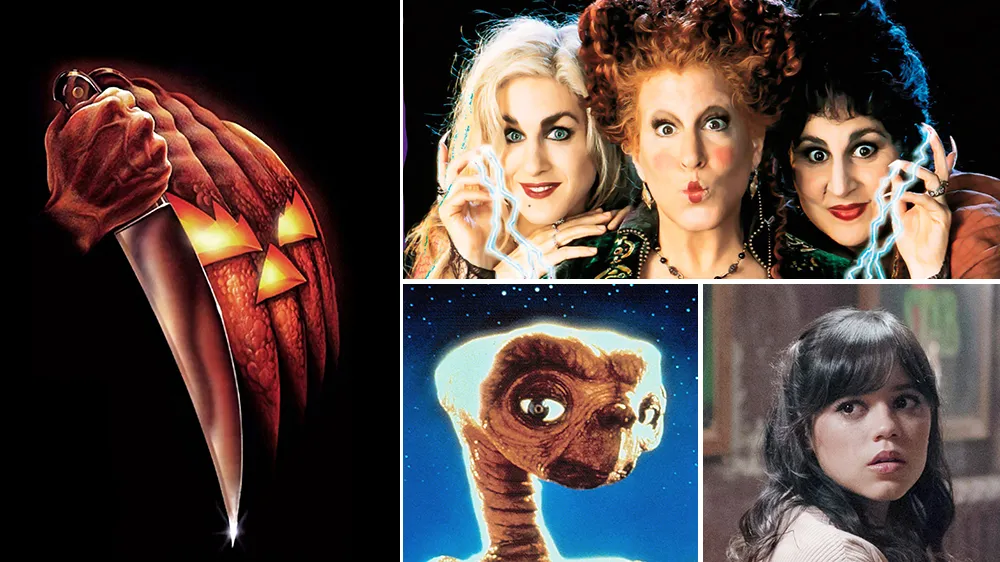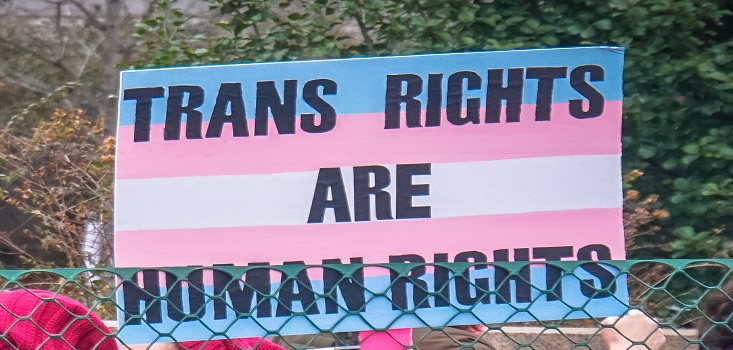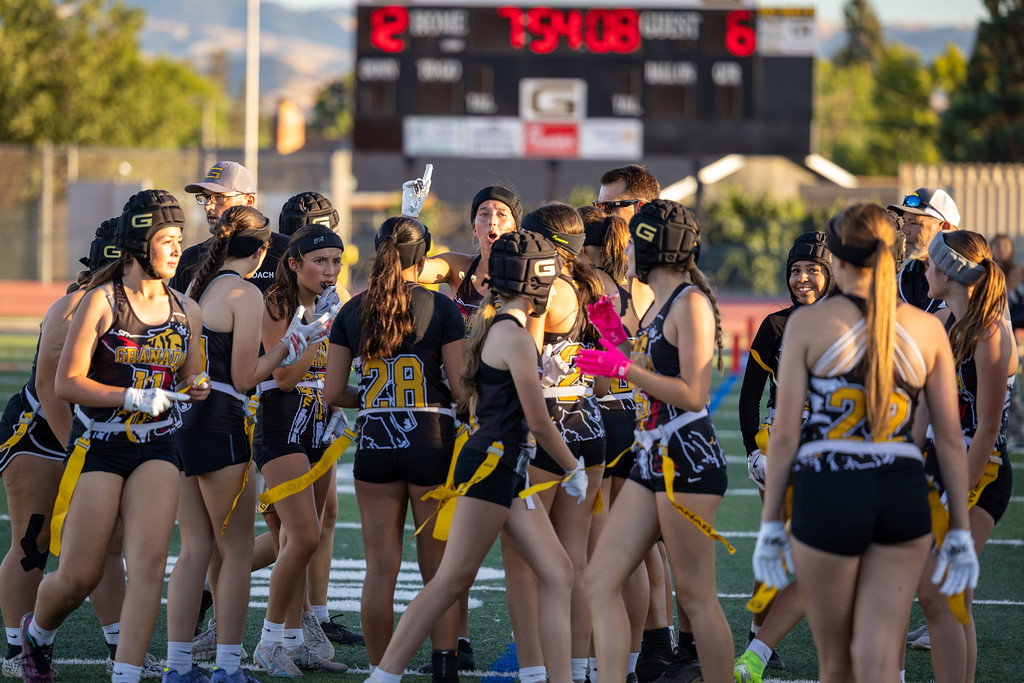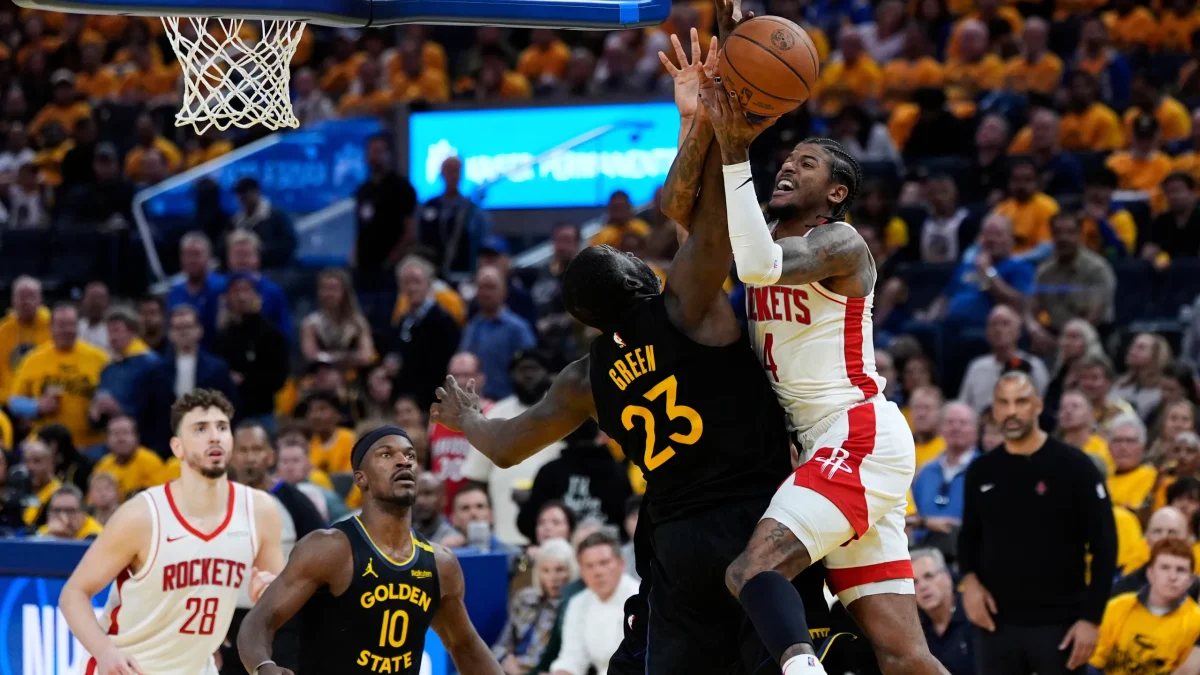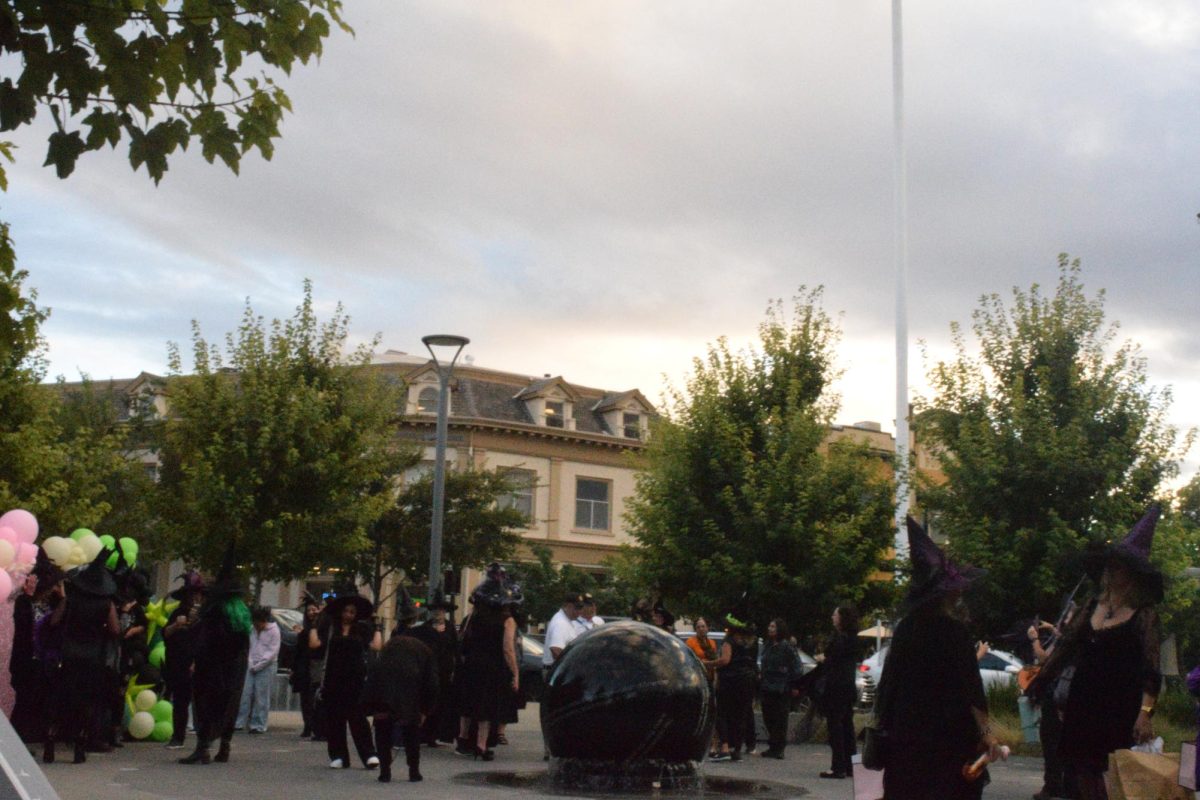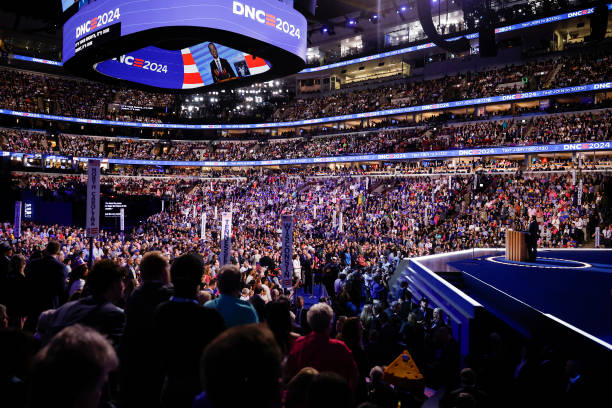Cheerful crowds gathered in Chicago on August 22 at the United Center for the final night of the Democratic National Convention. As Vice President Kamala Harris stepped on the stage, the jubilant stands serenaded her with cheers.
“On behalf of everyone whose story could only be written in the greatest nation on Earth,” Ms. Harris said, “I accept your nomination for President of the United States of America.” The vice president, the first woman and the second person of color to hold the position, accepted a nomination that would grant her the same records if she were to be elected.
Ms. Harris, who was the California Attorney General from 2011 to 2016, proudly recalled this position as being “in the name of the people.” She attacked the Republican candidate, former President Donald Trump, on his conservative policies, managing to sneak in her unofficial anti-MAGA motto: “We are not going back.”
Much unlike what her opponent is well known for, the vice president steered away from controversial comments, though she failed to detail specifics on what her policy would look like. And additionally, she made at least twelve falsehoods or misstatements during the speech, many concerning Project 2025, the right-wing agenda that Mr. Trump has disavowed.
Yet the audience cheered her on, with the DNC averaging 21.8 million TV viewers, 14 percent more than the July Republican National Convention.
Immediately following the convention, Ms. Harris heralded a 47 percent in the national polls, while Mr. Trump held at 43 percent. Independent Robert F. Kennedy Jr., whose polling had sunk from over 20 percent to 4 percent after the vice president entered the race, promptly halted his campaign.
A Democratic victory seemed inconceivable mere months ago, when the incumbent was still on the ticket. In the polls, President Joe Biden trailed Mr. Trump in all battleground states but Minnesota, and signs showed he was slipping amongst African-American, Muslim, and young voters. By the start of summer he held a 37 percent approval rating as Americans disapproved of his handling of a wide range of issues, including immigration and the economy.
After a disastrous debate performance in June against an unusually disciplined Mr. Trump, the Biden 2024 campaign continued to lose steam until he eventually suspended his re-election bid and backed his vice president, Ms. Harris, for his party’s nomination. But on the first day of the convention, the president received flowers from the very party that had called for him to step down.
Amid the roaring cheers of “Thank you, Joe”, he took the stage to give a presidential send-off. “Like many of you, I gave my heart and soul to this nation,” he said while flashing his signature grin. He defended his record as commander-in-chief, especially over his fervent support of democracy and the recovery efforts from COVID-19. He offered Ms. Harris his full support too, stating: “She’s tough, she’s experienced, and she has an enormous amount of integrity.”
Almost every speaker praised Mr. Biden for his service, seemingly easing the stark divides within the party over his leadership that had flourished for months, chiefly over his support of Israel in the war in Gaza, which earned him the nickname “Genocide Joe” amongst progressive critics.
Yet Bernie Sanders and Alexandria Ocasio Cortez, two of the left’s biggest adversaries of the status quo, gave speeches validating and even praising the Biden administration’s work.
The convention wasn’t all about Biden and Harris though, as governor of Minnesota and former football coach Tim Walz accepted the nomination for vice president on August 21. Mr. Walz, who is known for his folksy demeanor and dad jokes, echoed his favorite attack line against Republicans while decrying their stances against big government.
“Is it weird? Absolutely,” the governor said on Mr. Trump’s opposition to federal abortion laws.
Other high-profile speakers included Michelle and Barack Obama, Oprah Winfrey, Pete Buttigieg, Bill and Hillary Clinton, and Representative Adam Kinzinger from the Republican Party.






